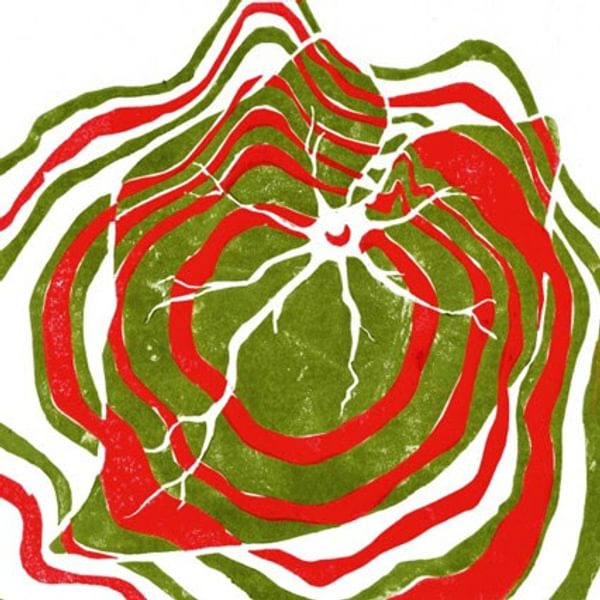"Glass Prayer"

Predominantly consigned to the realms of ‘gypsy-rock’ or ‘gypsy-psych’, the Zohra Atash fronted Religious To Damn could better be described as goth-Americana. Debut album Glass Prayer relentlessly pays homage to the grand ole U.S of A, evoking boundless desert-scapes, snakeskin boots grinding cigarette stubs into flame-red dusty roads, antiquated motel rooms and sturdily shod cowboys roaming the plains.
Mournful lament and album opener ‘Love The Machine’ hovers on the brink of engaging, its acoustic cadence and understated vocals crying out for the rhythmic punch of following track ‘Drifter’ – a haunting pop jaunt, anchored by satisfyingly undulating bass. Titular track ‘Glass Prayer’ could be released as a Kate Bush single, and few would bat an eyelid. Tribal drums and pianistic percussion brood beneath hysterically hypnotic vocals, the wild pacing and almost feral urgency reminiscent of much of Bush’s Never For Ever. And yet, highly derivative though it undoubtedly is, ‘Glass Prayer’ remains one of the strongest tracks on the album. Atash’s breathy vocals take an unexpected and highly welcome turn from the preceding fare, emancipating their husky shackles, gloriously reaching for their purer upper register.
Unfortunately, this relished abandon does not endure. Surf-tinged guitars on ‘Black Sand’, pulsing bass and atmospheric vox on ‘The Wait’, and heart-quickening drums on ‘Terra’ all hint at Glass Prayer‘s potential – before it collapses back in on itself, cowing under the weight of an abundance of influences and a lack of originality. Much seems to have been made of Atash’s Afghan heritage, perhaps as a nod to the nomadic, gypsy inclinations prevalent in her music, and yet this ‘world’ influence is barely present until album closer ‘The Bell’, where the rubab kicks out burning harmonics, and Spanish guitars spider over swells of spiritual vocals.
It is difficult to criticise Glass Prayer: each track is well-executed, the production is sound and the song-writing proficient. It is a cohesive album, and easily showcases the abundance of talent on display. Does it get us excited? Alas, no. Not exactly forgettable, it remains far from memorable.
For all its proficiency and craft, Glass Prayer represents a strange dichotomy: the overwhelming sense of this album is that of movement. Tableaux are manifested, only to be re-drawn seconds later, deep bass, and galloping percussion creating a sense of physicality and transcendence. We are put in mind of drifters, vagrants, cowboys and nomads. And yet, this sense of apparent freedom is quite simply a mirage. Rather, the album moves at a glacial pace, never extending beyond third gear, never allowing itself to scream full-throttle into the sunset. Restrained and contained, Glass Prayer falls far short of glory.
Get the Best Fit take on the week in music direct to your inbox every Friday

Tropical F*ck Storm
Fairyland Codex

Loyle Carner
hopefully !

Yaya Bey
do it afraid





